During the Occupation my two youngest aunts, Roselle and Margaret, used to be sent into Bellozane Valley via all the back lanes to collect wood, when it was still permitted. It was quite a walk, and they had to pull a handcart. Fortunately, it was uphill with the empty cart and downhill once they had filled it.
On one occasion while foraging, they heard noises, shuffling, snuffling, interspersed with whip cracks. They peeped around the trees at the valley road below and there saw a straggly line of men lurching in an almost drunken fashion. Their skinny, emaciated bodies were in rags and with cloth or bits of tyre tied onto their feet. It was mid-winter. They were without coats, or any other possessions and they looked starved. All the time the Todt organisation officer rode a bicycle up and down the line whipping any of the men who fell back.
At the end of the line two of the men were pushing a handcart with a body thrown across it. They struggled with the weight but as my aunts watched the Todt man showed no mercy, did not care about the load the men had to push, but whipped them all the same. That sight left an indelible impression on my aunts and moved them to tears many years later.
Those slaves were POWs captured from Russia, Ukraine, Spain and other war-torn territories. They were brought to the Channel Islands on Hitler’s orders for his Fortress project under the command of Dr Todt.
Dt Todt had a quasi-army in charge of the slave workers who were, on the whole, vicious, treating the slaves as less than human. The slaves were always hungry, being fed gruel twice a day while being expected to work on building projects, such as observation towers, bunkers and the Underground Hospital, now preserved as The Jersey War Tunnels . Local labourers were recruited and paid more than local companies could afford. It was difficult to refuse the jobs with families to feed and clothe. We can only guess at the divisions that arose from this situation. Where do your loyalties lie if you depend on the invaders for your livelihood?
Inevitably the POWs stole food from wherever they could. They were guarded in the camps but seemed to find easy ways of escaping after curfew. As most of the camps were in the country, the farmers were in despair when their fields were dug up, chickens, ducks and eggs stolen. Many people helped the slaves, although penalties were severe if anyone was caught feeding or clothing them, or even more serious, hiding them when they escaped. Some brave souls did that and if and when caught, (as there were plenty of collaborators who wanted to curry favour with the German authorities for money or food, or had a grudge against their neighbours), they were either shot or sent to concentration camps in Germany where they died.
One of my relatives, Arthur, who was a boy of maybe 12 or 13 when the Occupation started. He lived with his parents on their farm in the west of the island where there was at least one, maybe more, camps. Young people then, especially the boys, saw the invasion as an adventure and Arthur would hang around with his pals outside the camp until chased away by the guards. He felt sorry for the men but knew better than to try to help them. His dad was cross at his crops going missing every night and he and Arthur chased the men off when they could. One day an old boy in the local pub told them a way of keeping the chickens safe at night. They were sceptical, but tried it and it worked. Instead of locking them up in the henhouse, which was broken into regularly, as soon as dusk came they placed them carefully in the holly bush next to the hen house, where they roosted quietly, almost comatose, until dawn. In the later years of the Occupation, it wasn’t just the POWs, but the Germans and the whole population who were starving as the supply ships from France stopped after D-day, so there were many raids on the henhouse and the would-be thieves couldn’t understand where the hens had gone.
By day Arthur’s mum would cook more vegetables than the family needed and sometimes a few eggs if she could spare them. She put them on the wall ready for when the men were marched back to the camp at lunchtime for their gruel and, if they were lucky, a stale piece of bread. Unseen by the Todt officers, the men would break ranks for a couple of seconds, enough time to snatch something off the wall and pocket it or gobble it down quickly.
Arthur’s dad had a sister, Auntie Mabel, who had the adjoining farm. Auntie Mabel had a dog, Charlie, a very intelligent collie. Arthur was taking a keen interest in Charlie’s training because Mabel was coaxing Charlie into giving different barks for different people. Arthur’s dad thought she was bonkers, but Arthur had faith in her and Charlie’s ability. Mabel would stamp her feet hard on the flagstones and shout “Charlie, Germans”. Charlie would give a little whimper and lie down, but if she shuffled and shouted “Charlie, thieves!”, the dog jumped up barking loudly and ferociously without stopping until Mabel raised her hand.
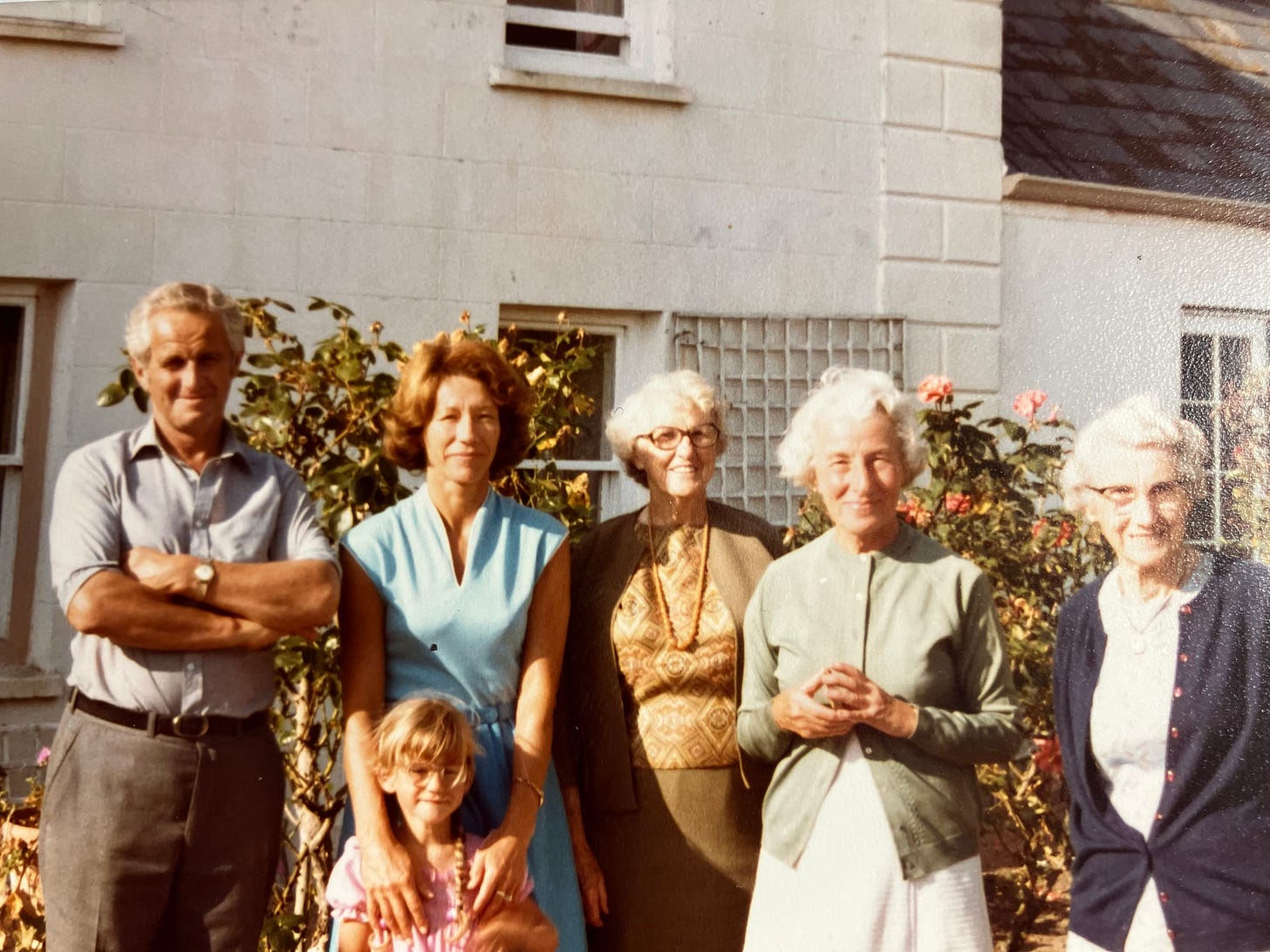
Over the next few years, every night that Charlie heard raiders he barked ferociously, Mabel would scramble to her bathroom window, throw it open and blow hard on an old police whistle. Down the road, the farmers would be on high alert to protect their fields. Arthur and his Dad would leap out of their beds, run downstairs and chase the food thieves away, usually with the loss of only an onion or two. Charlie was a hero!
§§§§§§§§§§§§§§§§§§§§§§§§§§§§§§§§§§§§§§§
This month I’ve read
Arrowood and the Thames Corpses. Mick Fleming.
If you like gory late Victorian murder mysteries, then this book is for you. It’s the third in a series and I hadn’t read the first two, but that didn’t matter. Reference was made to events that had taken place prior to the start of this story but it won’t spoil your enjoyment of the current book. It didn’t make me want to go back and read the earlier ones but I might read the next one, as I enjoyed this convoluted tale of a couple of private investigators, who have revolting habits and meet even more unsavoury types. While the descriptions of some of the conditions of the poor existed in in London at that time were quite visceral and made me wonder if I was reading social history rather than a novel, it was fascinating and I was unexpectedly educated on the dubious sport of ‘ratting’, (although I’d rather not have been). A good read if only to confirm how relieved I was that I hadn’t had to live at that time and in that hellish environment.
Ordinary Saints. Ni Mhaoileoin Niamh
Having been brought up a Catholic, and now being of no faith, I didn’t know what to expect from this book and worried I might be dismissive. But it’s a story that captures the imagination. A gay woman, Jay, in her twenties who escaped her oppressive Irish upbringing, and the Church’s position on homosexuality, now living in London, is told very proudly by her parents, that her brother who died while studying for the priesthood in Rome, is now being considered for sainthood. Not at all like the conventional tales of Catholic upbringing and Jay struggles to come to terms with all that a pursuit of canonisation means to her family and friends. I enjoyed it, it’s very well written and give lots of food for thought.
Mrs Porter Calling. A J Pearce
This is the type of book I like to read to clear my head after I’ve read something absorbing. So after Ordinary Saints I turned to the third book in this series, knowing it would give me just the right level of fluffiness. Set in a magazine office during WW2, this is light-hearted, feelgood writing at the lightest end of the spectrum. It’s wartime, everyone is jolly, you can almost hear the community singing. They pull together no matter the hardships and heartache, villains are cardboard cutouts and you know everything will be all right in the end. Apparently, there’s a fourth and last in the series in preparation. I’s not difficult to guess what the threads will be in that!
I listened to
Other People’s Houses. Clare Mackintosh.
One of the DC Morgan police procedurals, third in the series. I really enjoyed wallowing in the miseries of rich people, and the cringy details of the social climber, Alli’s, efforts to inveigle her way into the smart set, were a delight. There was a nice wobbly, will they, won’t they, love affair dangling in there as well. It made for a nice bit of escapism. There were references to earlier books in the series but it’s not necessary to have read them to enjoy this one.
I’ve watched
Frauds ITV Sundays 9pm
Only seen one episode so far, not impressed but it has strong actors in the lead – Jody Whittaker and Suranne Jones, and the reviews say it gets better. Set in Spain, Jones has just been let out of jail after 10 years on compassionate grounds because she has cancer, but she’s not going quietly. She has sent letters to people in her past, who didn’t seem thrilled to get them, so I look forward to next week to see how the story unfolds.
Blue Lights BBC1 9pm Mondays
A superior police show set in Northern Ireland, it’s fast moving and portrays the police as human with their own problems and sensitivities. This is the second series and it’s proving as riveting as the first. Well worth a watch.

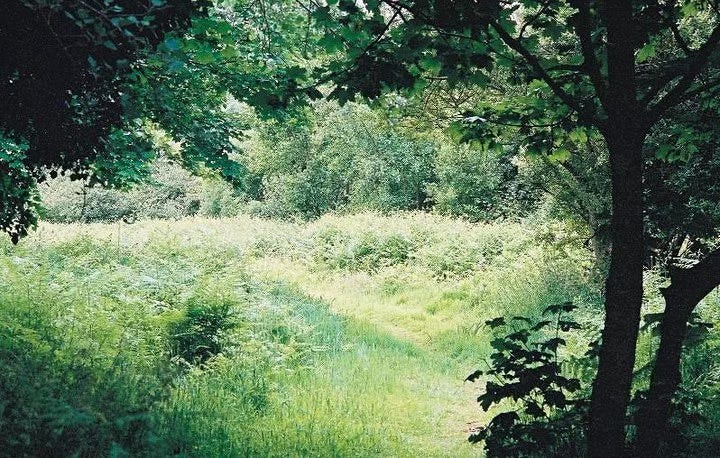
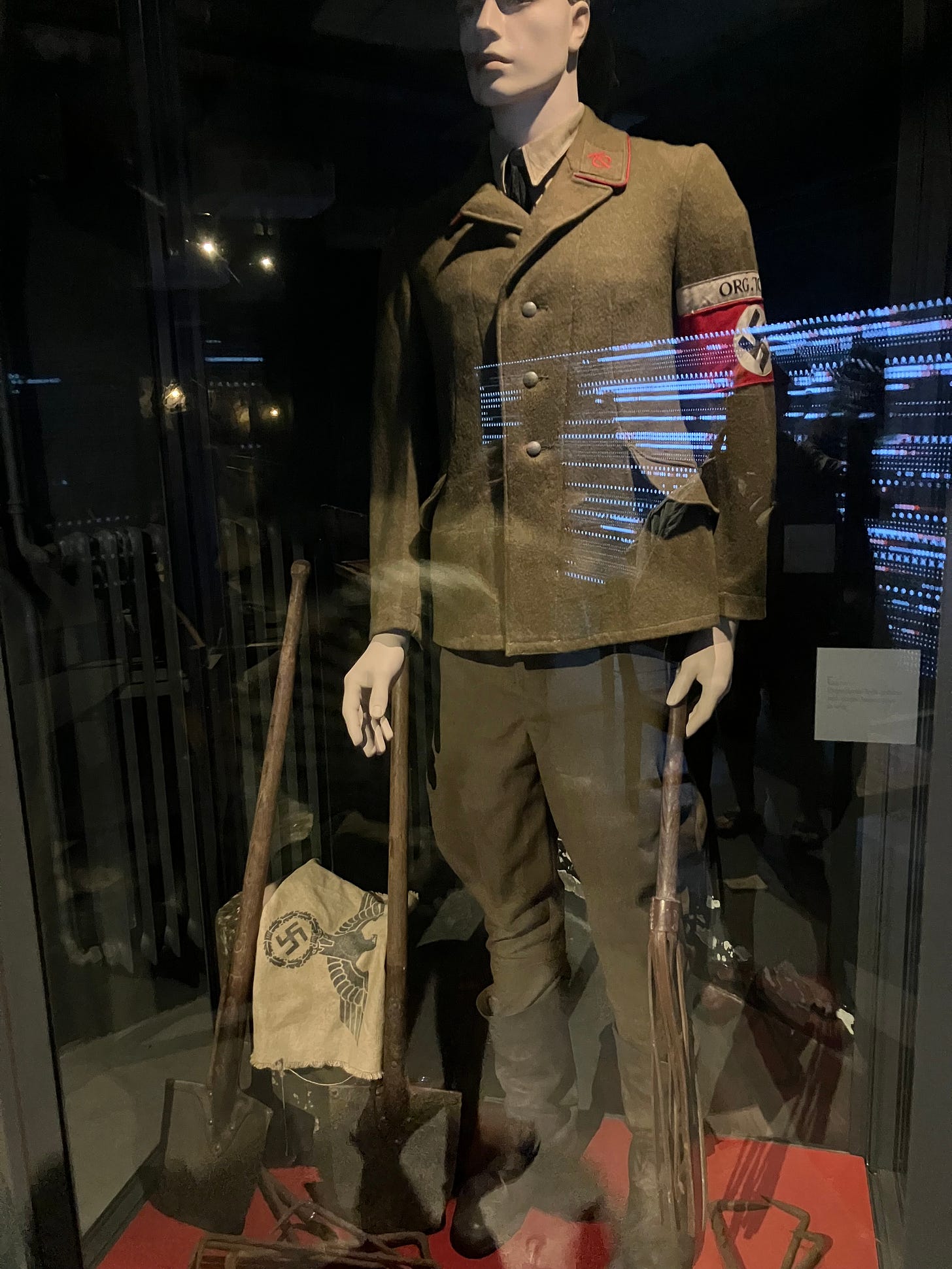
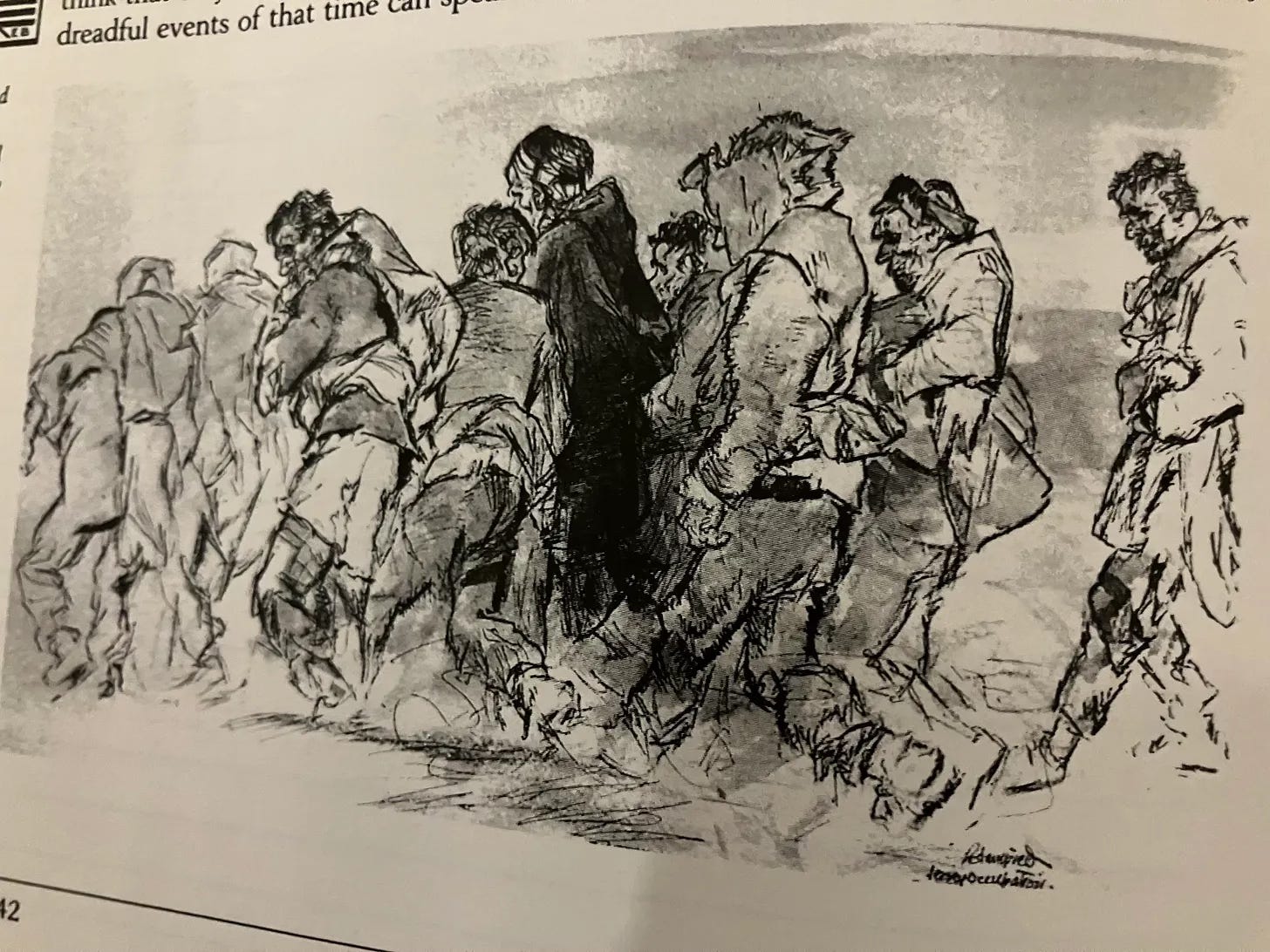
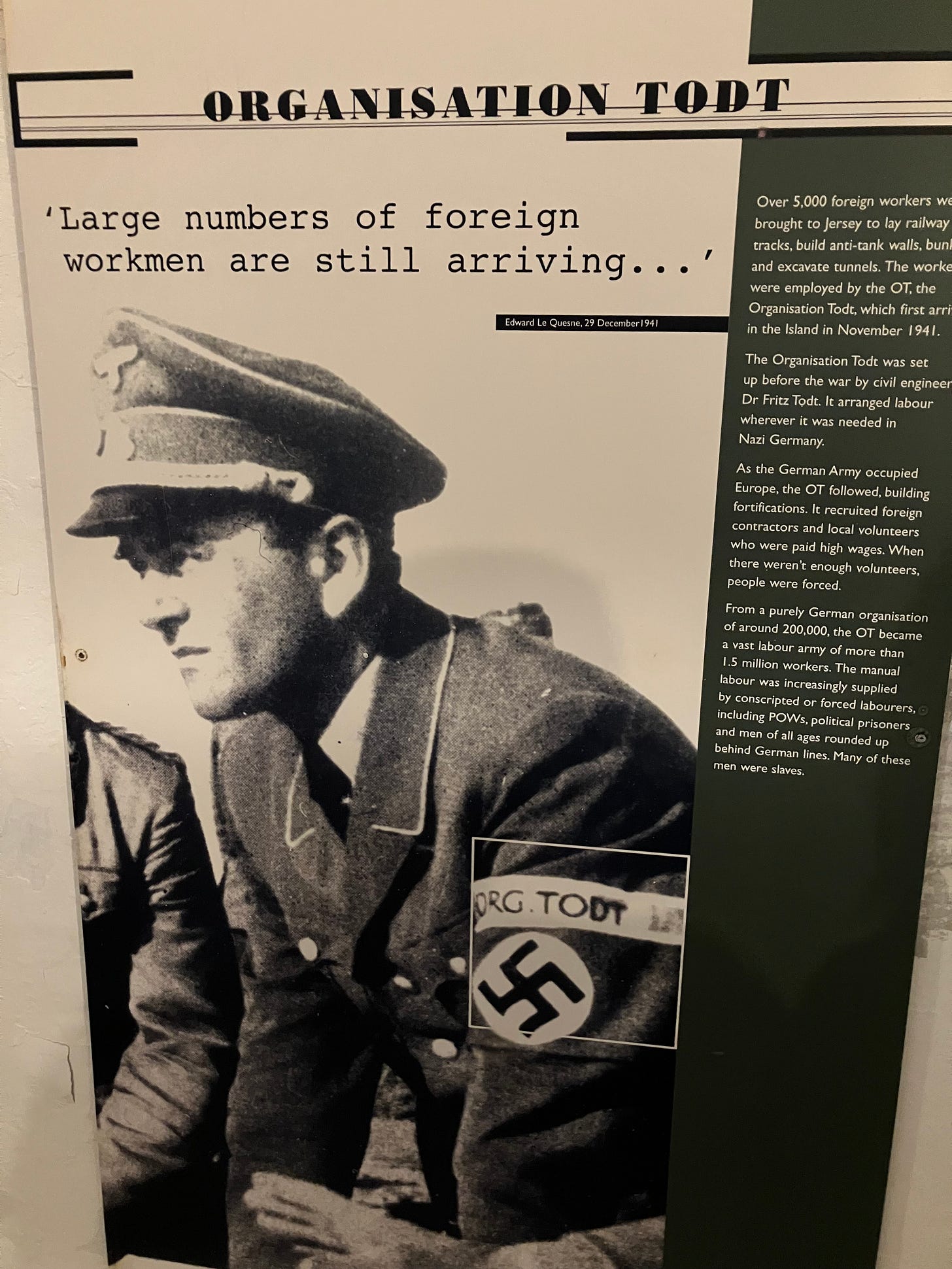
Agree with Silvano. These records of personal history open up deeply human links within the wider history. Precious and publishable.
These memories are precious. I still think you should write a book. Maybe using these posts as a sort of outline or guide.